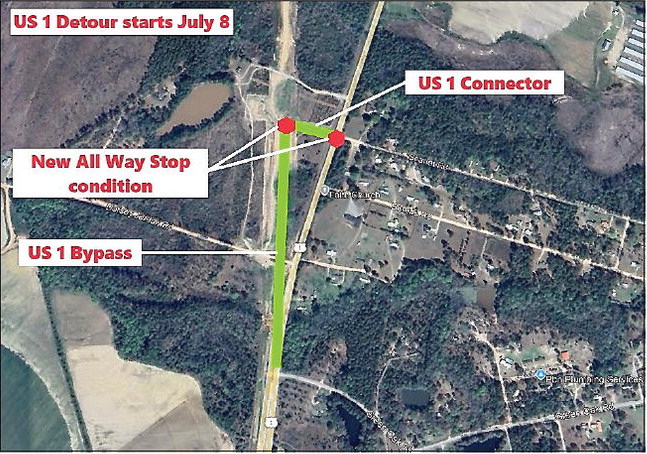Sports betting dead in General Assembly
This year’s bid to legalize sports betting is dead in the General Assembly.
The Georgia Senate defeated a proposed constitutional amendment Monday that would have put online sports betting before Georgia voters in a statewide referendum next year. While 30 of the 56 senators voted in favor of Senate Resolution 140, it fell short of the two-thirds majority needed to pass a constitutional amendment.
The Senate vote took place early on Crossover Day, the deadline for legislation to pass at least one chamber in the General Assembly to stay alive for the year. A House bill that would have legalized sports betting without a constitutional change failed to reach the floor before the House adjourned shortly before midnight.
Earlier Monday, state Sen. Bill Cowsert, R-Athens, the chief sponsor of Senate Resolution 140, argued the constitutional route was the better way to go because it would have let Georgia voters decide whether to legalize sports betting.
“I don’t get why it’s wrong to let the people of Georgia vote on this issue,” Cowsert said. “We’re not dictators up here.”
But Sen. Marty Harbin, R-Tyrone, said it would be irresponsible for senators to pass the issue to voters.
“They do not have all the information you and I have,” he told his Senate colleagues. “When we put it out there, we’re washing our hands of it.”
Harbin also opposed legalizing gambling because of its potential to lead to addictive gambling.
The resolution’s supporters pitched it as a way to create a needs-based scholarship program in Georgia to supplement the HOPE Scholarship program, which is based on merit. Under the legislation, half of the state’s share of the proceeds from sports betting would have gone to needs-based scholarships.
“We need needs-based funds,” said Sen. Nan Orrock, D-Atlanta. “This bill puts that in place.”
But Sen. Brandon Beach, R-Alpharetta, argued a needs-based scholarship program is no longer necessary in Georgia because Gov. Brian Kemp and the General Assembly now have fully funded the HOPE program more than a decade after the Great Recession prompted cuts in HOPE benefits.
“We should reward success,” Beach said. “If you have a ‘B’ average, you get your education paid for.”
Beach proposed amendments to bar needsbased scholarships and broaden the sports betting resolution by adding casinos and pari-mutuel betting on horse racing to sports betting, but they were soundly defeated.





